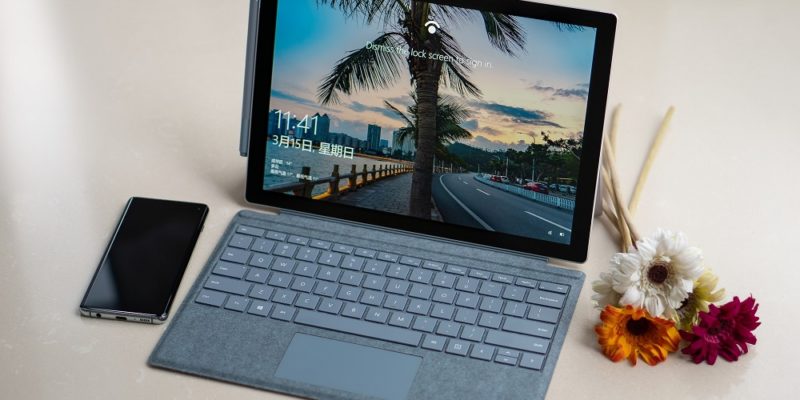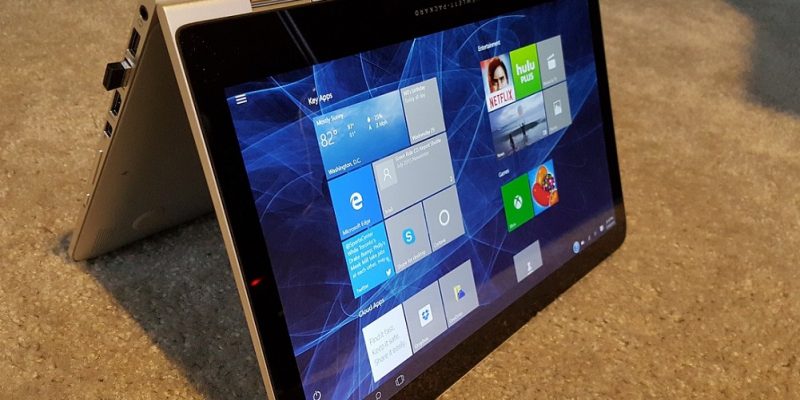 5 steps to improve security on network PCs that can’t run Windows 11
5 steps to improve security on network PCs that can’t run Windows 11
Microsoft’s revised hardware specifications for the upcoming Windows 11 release on October 5 don’t change the fact that I’m stuck on Windows 10 for most of the machines in my network. Microsoft has expanded its testing application to include a few more processors that support Windows 11 (Intel Core X-series, Xeon W-series, and some Intel…




